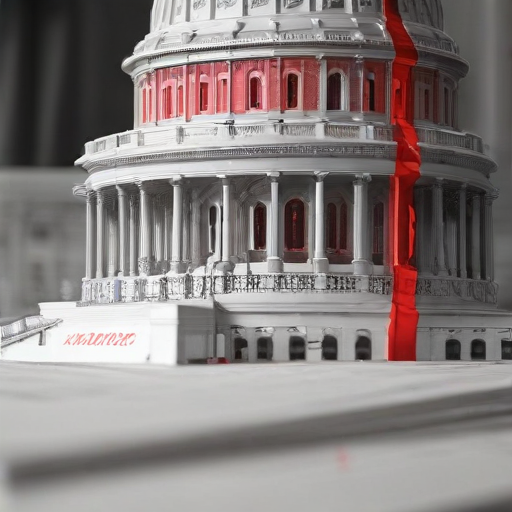Congress has successfully passed a temporary spending bill to ensure the federal government remains operational for the upcoming months. The quick resolution followed intense negotiations that highlighted potential challenges in President-elect Donald Trump’s second term. The short-term funding package allows Congress until mid-March to finalize comprehensive funding measures for federal agencies and includes approximately $100 billion in disaster relief.
This new legislation, passed by the House with a significant majority of 366-34 votes, was also approved by the Senate after a late-night session with an 85-11 vote. President Joe Biden signed the bill soon after, confirming its importance in maintaining government services. Notably, the bill does not address the debt ceiling, a concern Trump emphasized should be taken up in the new year when his party holds legislative control.
The bill also facilitates the continuation of farm programs until September 2025, providing crucial support to agricultural sectors. However, it does not allow the year-round sale of E15 blended gasoline, a blow to those advocating for corn and biofuels.
The White House expressed support for the legislation, noting its critical role in disaster relief and ensuring ongoing government operations. Press Secretary Karine Jean-Pierre emphasized that the bill supports vital services, including Social Security and veterans’ benefits.
While Republicans, led by House Appropriations Chair Tom Cole, pushed for the bill as a measure against government shutdown, some Democrats voiced concerns regarding its negotiation process and the influence of outside parties, particularly Trump.
House Speaker Mike Johnson reassured that the GOP remained unified in their approach, stating the need to meet obligations for farmers and disaster victims. With this agreement, a potential government shutdown before the holidays has been averted, ensuring federal employees and troops receive their paychecks uninterrupted.
As Congress moves forward, it opens the door to essential discussions on the broader fiscal issues awaiting resolution next year. The successful passage of this spending bill reflects a commitment to maintaining government stability, thus providing a hopeful outlook for continued support of critical programs and services for Americans in the face of challenges.
In summary, while the negotiations were fraught with tension and a variety of political pressure, the bipartisan effort to pass this spending bill signals a willingness to collaborate for the benefit of the nation, fostering a sense of optimism for future legislative dealings.
